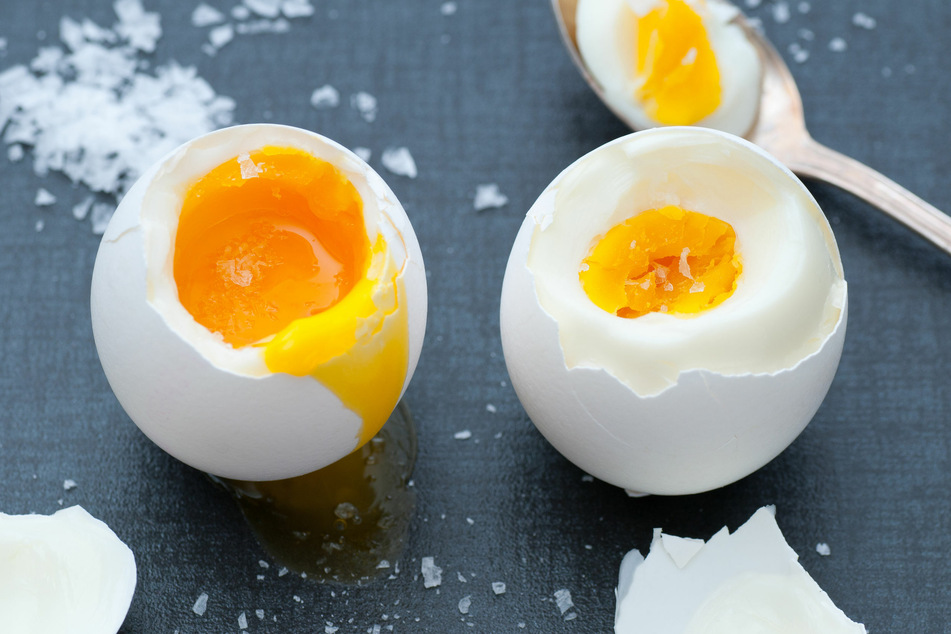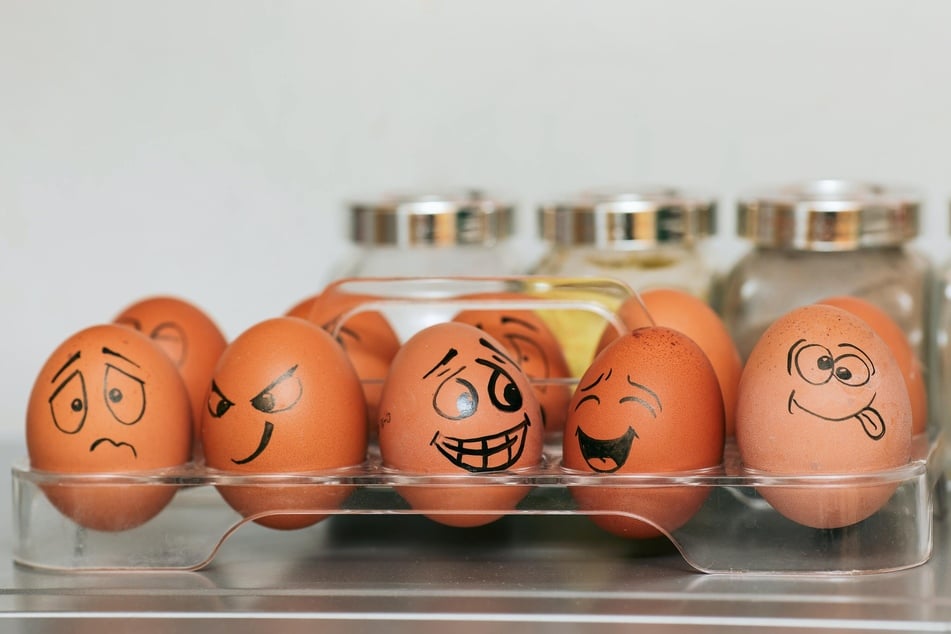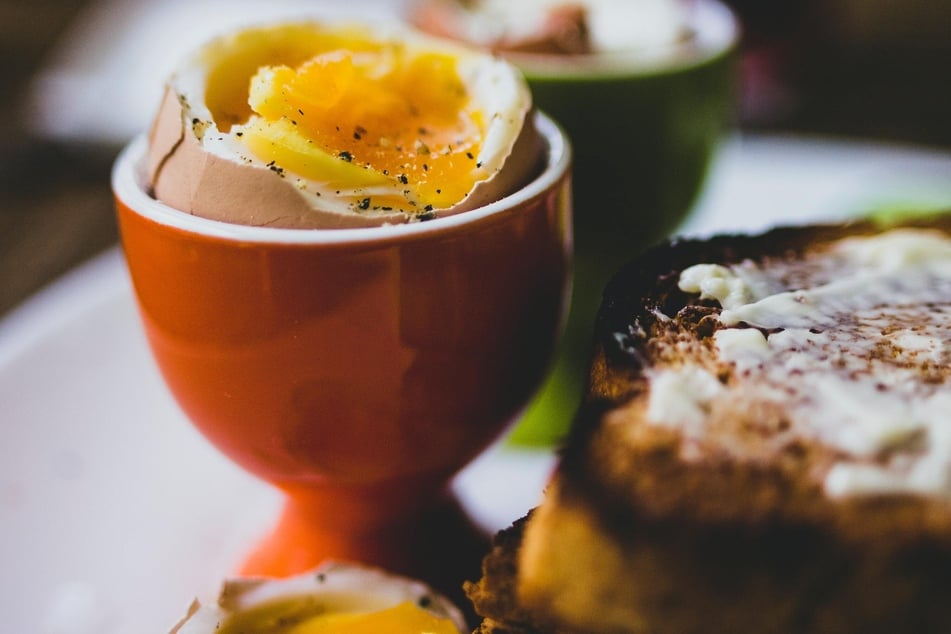How to make the perfect boiled egg for an eggs-traordinary breakfast
Guide - Boiling eggs may sound like the easiest job you can get in the kitchen, but there is actually a real science to it. The optimal consistency of the perfect boiled egg is a matter of taste, but these preferences – along with a few other factors – determine the cooking time.
The TAG24 Guide will talk you through all the important steps to getting your ideal boiled egg.

Anyone can become a boiled egg expert. Aside from the question of cooking time, there are a couple of other things to pay attention to.
The water temperature, the size of the egg, as well as the peeling all play a decisive role in the process.
Learning the basics means never having to deal with undercooked, overcooked, or cracked eggs.
These tips and tricks will help you prepare a breakfast egg just the way you want it.
How long do eggs have to boil for?
This is probably the most frequently asked question on the subject. At first glance, the answer might seem disappointing – but it really does depend.
Different times apply to different yolk and egg white consistencies.
For a medium-sized egg, these are the ballpark numbers:
The 3-minute egg: liquid yolk; runny egg white
The 5-minute egg: runny yolk; soft, sometimes still runny egg white
The 7-minute egg: butter-soft yolk; solid egg white
The 9-minute egg: creamy, almost solid yolk; solid egg white
The 11-minute egg: solid, crumbling yolk; solid egg white
The 5-minute and 7-minute options are usually the most popular.

What influences the cooking time of the eggs?
Not all eggs are made equal, especially when it comes to the ideal cooking time. Weight, size, and temperature make an important difference.
When boiling several eggs at once, it's best for them to all be the same size or from the same carton to ensure the same results.
Three things to keep in mind:
1. If the egg comes straight out of the fridge, boiling will take up to a minute longer. If you prefer sticking to an exact number of minutes, remove the eggs from the fridge half an hour before boiling and let them warm up to room temperature.
2. Do your medium-sized eggs look suspiciously large? Then leave them in the water a few seconds longer. While the cooking time is extended by 25 to 50 seconds for large eggs, it goes down by the same amount for small ones.
3. The number of eggs boiling in the water makes a big difference. The more eggs in a pot, the more they bring down the water's temperature initially. Boiling multiple eggs at once also involves a slightly longer cooking time.
Should eggs be dropped into boiling or cold water?
Some people put their eggs in the pot while the water is still cold.
This makes getting the expected results a lot harder. Depending on the number of eggs in the pot, the cold water will take longer to heat which makes determining the consistency of the yolk and egg white a matter of guesswork.
Unless you're aiming for hard-boiled eggs, it's best to drop in the eggs only when the watter is already simmering.
Should you give your boiled eggs a cold shower?
It's still up for debate whether it's necessary to run cold water over freshly boiled eggs.
Although it's a common belief that cooling an egg with ice-cold water makes it easier to peel, it's actually the age of the egg that makes all the difference. There's no evidence that subjecting an egg to extreme changes in temperature does anything to help with peeling.
Nevertheless, a quick cold shower does have some advantages. Running cold water over the egg stops the cooking process immediately, so the yolk will stay runny and won't harden.
In the case of hard-boiled eggs, which can be stored for a longer period of time, there's no discernible benefit.
How to stop egg from cracking up

A well-established method for preventing eggs from cracking is poking a very small hole through it. This is meant to relieve the air bubbles that can form underneath the shell on the large of the egg.
But this technique has been debunked. It just doesn't make any significant difference whether an egg has been punctured or not.
Around one in 10 eggs crack during the boiling process. Unfortunately, this can't be helped, since it's actually tiny pre-existing cracks in the shell that cause the problem. The high temperature only aggravates what was already there.
But a drop of vinegar in the cooking water can limit the damage by solidifying the escaping egg white in case of a crack.
What's the shelf life of boiled eggs?
Hard-boiled eggs easily keep well for several weeks or even months if stored correctly.
The most important thing is to keep the boiled egg's interior protected from any germs.
H-boiled eggs should be stored in a cool place and checked for cracks in the shell, as germs can get in through even the most minute fissures. This is another good reason not to rinse freshly-boiled eggs in cold water, which can cause little cracks and shorten the shelf life.
A cracked egg should go straight to the breakfast table and not be kept for later on.
Now that you're armed with knowledge from the TAG24 Guide, have fun preparing boiled eggs just the way you like them!
Cover photo: 123RF/ockra